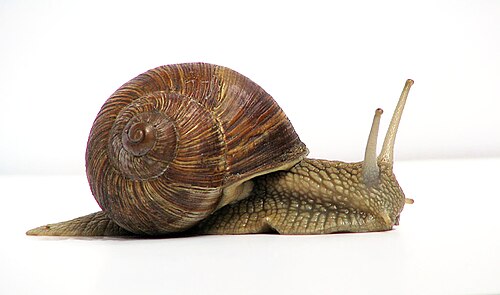Inveterateadjective
firmly established from having been around for a long time; of long standing
Inveterateadjective
(of a person) Having had a habit for a long time
Inveterateadjective
Malignant; virulent; spiteful.
Inveterateverb
(obsolete) To fix and settle after a long time; to entrench.
Inveterateadjective
Old; long-established.
Inveterateadjective
Firmly established by long continuance; obstinate; deep-rooted; of long standing; as, an inveterate disease; an inveterate abuse.
Inveterateadjective
Having habits fixed by long continuance; confirmed; habitual; as, an inveterate idler or smoker.
Inveterateadjective
Malignant; virulent; spiteful.
Inveterateverb
To fix and settle by long continuance.
Inveterateadjective
having a habit of long standing;
Inveterateadjective
having a particular habit, activity, or interest that is long-established and unlikely to change
Inveterateadjective
(of a feeling or habit) long-established and unlikely to change
Invertebratenoun
An animal without vertebrae, i.e. backbone.
Invertebratenoun
(informal) A spineless person; a coward.
Invertebrateadjective
Lacking a backbone.
Invertebrateadjective
Destitute of a backbone; having no vertebræ; of or pertaining to the Invertebrata.
Invertebratenoun
any animal lacking a backbone or notochord; the term is not used as a scientific classification
Invertebrateadjective
lacking a backbone or spinal column;
Invertebratenoun
an animal lacking a backbone, such as an arthropod, mollusc, annelid, coelenterate, etc. The invertebrates constitute an artificial division of the animal kingdom, comprising 95 per cent of animal species and about thirty different phyla.
Invertebrateadjective
denoting an invertebrate or relating to the invertebrates as a group.
Invertebrateadjective
irresolute; spineless
Invertebrate
Invertebrates are animals that neither possess nor develop a vertebral column (commonly known as a backbone or spine), derived from the notochord. This includes all animals apart from the subphylum Vertebrata.












